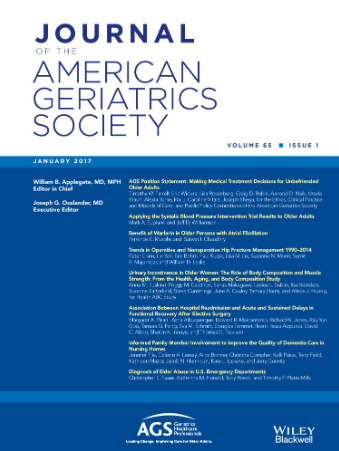Association of changes in the number of teeth on psychological distress among community-dwelling older adults in Taiwan
Abstract
Background
Aging populations worldwide face a substantial burden of psychological distress that affects their quality of life and overall health. Oral health is associated with psychological distress; however, the effect of changes in the number of teeth on psychological distress remains unknown. This study aimed to evaluate the association of changes in the number of teeth with the development of psychological distress among community-dwelling older adults in Taipei City.
Methods
From 2005 to 2013, 62,119 community-dwelling individuals aged 65 years and older participated in the physical examination program in Taipei. We collected data on the number of teeth during each examination. Psychological distress was defined as a score of ≥6 on the Brief Symptoms Rating Scale. A generalized estimating equation (GEE) model was used to examine the longitudinal relationship between changes in the number of teeth and the development of psychological distress.
Results
The participants lost an average of 6.6 teeth during the follow-up, with 9.9% of oral examination records showing the loss of ≥5 teeth compared with the previous examination. After GEE analysis with adjustment for multiple covariates, participants were at higher risk of developing psychological distress if they lost 1–4 teeth, 5–9 teeth, or ≥10 teeth compared to that at their previous oral examination. Subgroup analysis revealed that participants with ≥20 teeth at baseline and those who used dentures to compensate for the tooth loss had a lower risk of developing psychological distress than those who experienced tooth loss and did not use dentures.
Conclusion
A rapid decrease in the number of teeth is associated with an increased risk of psychological distress in older adults. Regular dental checkups, nutritional counseling, and the use of dentures are critical in mitigating the adverse psychological effects of the tooth loss.


 求助内容:
求助内容: 应助结果提醒方式:
应助结果提醒方式:


